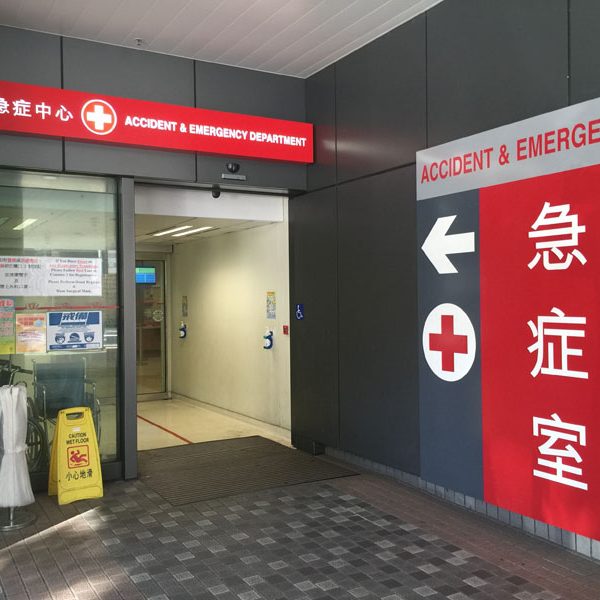
Background on A&E Services
A&E departments handle medical emergencies and urgent health issues. They use a triage system to sort patients by the severity of their condition. Urgent cases, like heart attacks or severe injuries, get immediate attention. Non-urgent cases, such as minor cuts or mild fevers, wait longer. In Hong Kong, 55% of A&E cases are semi-urgent or non-urgent. This strains resources and delays care for critical patients. Globally, A&E overuse is a common issue. Many countries have introduced measures to reduce unnecessary visits.
The Case for A&E Fee Reform
Dr. Tsui Shek-hon argues that the current system misallocates resources. Many patients use A&E for minor issues, like getting sick notes. This takes time and resources away from urgent cases. The proposed fee increase aims to reduce non-urgent visits. It could improve care for truly urgent patients. However, there are concerns about low-income patients being affected. Other regions, like the UK and Australia, have implemented similar reforms. These have reduced non-urgent visits without harming access to care.
Impact on Patient Behavior
A fee increase might change how patients use A&E. Those seeking sick notes may turn to alternatives, like online services or community clinics. This could free up A&E resources for emergencies. However, there are ethical concerns. Charging for non-urgent care might discourage some from seeking help. Public education can play a role in reducing unnecessary visits. Encouraging the use of primary care services could also ease the burden on A&E departments.
Economic and Social Implications
Fee reform could save money and improve resource allocation. It might reduce the strain on A&E departments, allowing them to focus on urgent cases. However, there are social implications. Vulnerable populations might struggle to afford higher fees. Policymakers must balance cost recovery with equitable access to care. Long-term sustainability of the healthcare system depends on finding this balance.
Public and Professional Reactions
Public opinion on the fee reform is mixed. Some support the change, seeing it as a way to improve A&E services. Others worry about the impact on low-income patients. Healthcare professionals have concerns too. They fear that higher fees might deter patients from seeking necessary care. Patient advocacy groups are actively involved in the debate. Media coverage has influenced public opinion, highlighting both the benefits and drawbacks of the reform. Public consultation could help address these concerns and shape the final policy.












